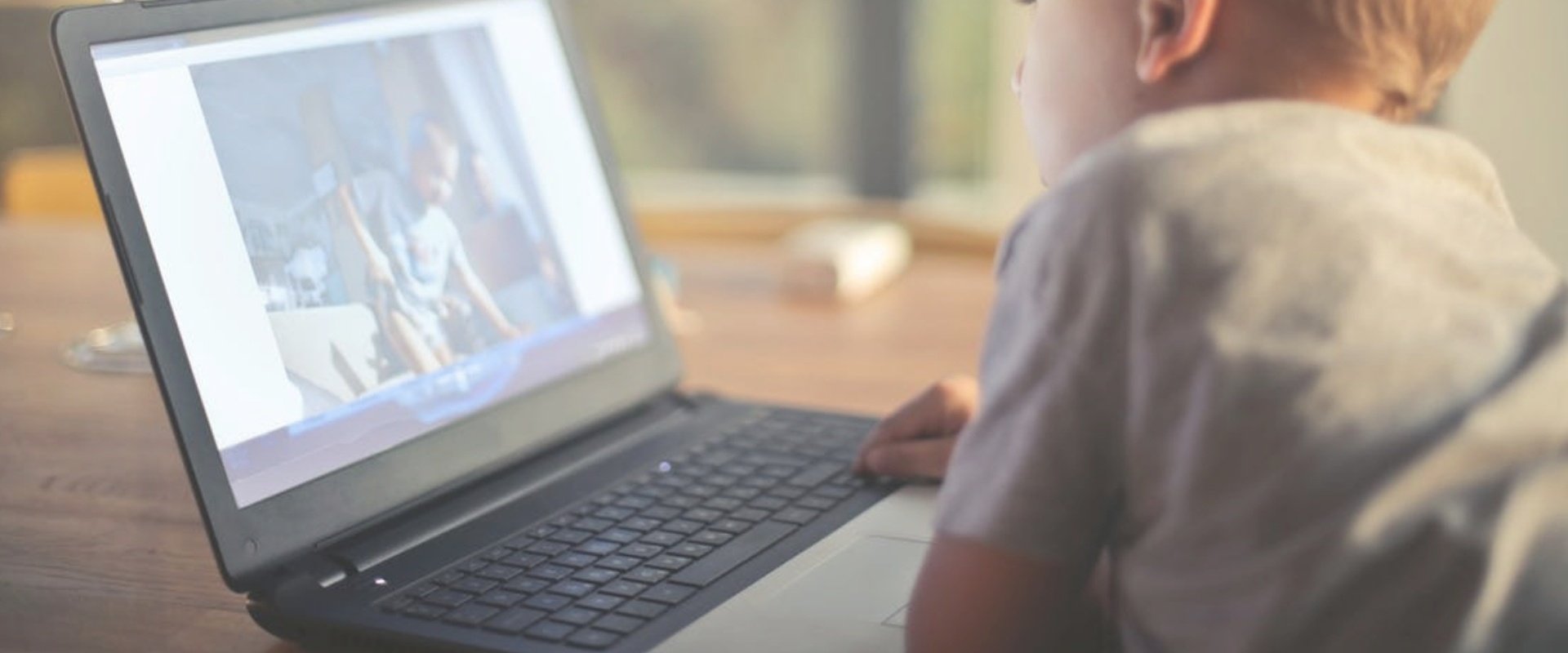When it comes to parenting, everyone has strong opinions on how it should be done. It starts the moment you find out that you are expecting. Whether it’s medicated delivery or an unmedicated delivery, breastfeeding or formula feeding, homeschooling or formal schooling, parenthood is a land of endless debate. For every decision you make, there is an alternate choice with equivocal support by other parents and at the end of the day, you just want what is best for your child’s health.
The rise of moral panic on the effect of screen time is probably one of the most debated parental concerns in modern times. It won't be long before you realise that now is the time for you to pick a side. Is it harmful, neutral or educational?
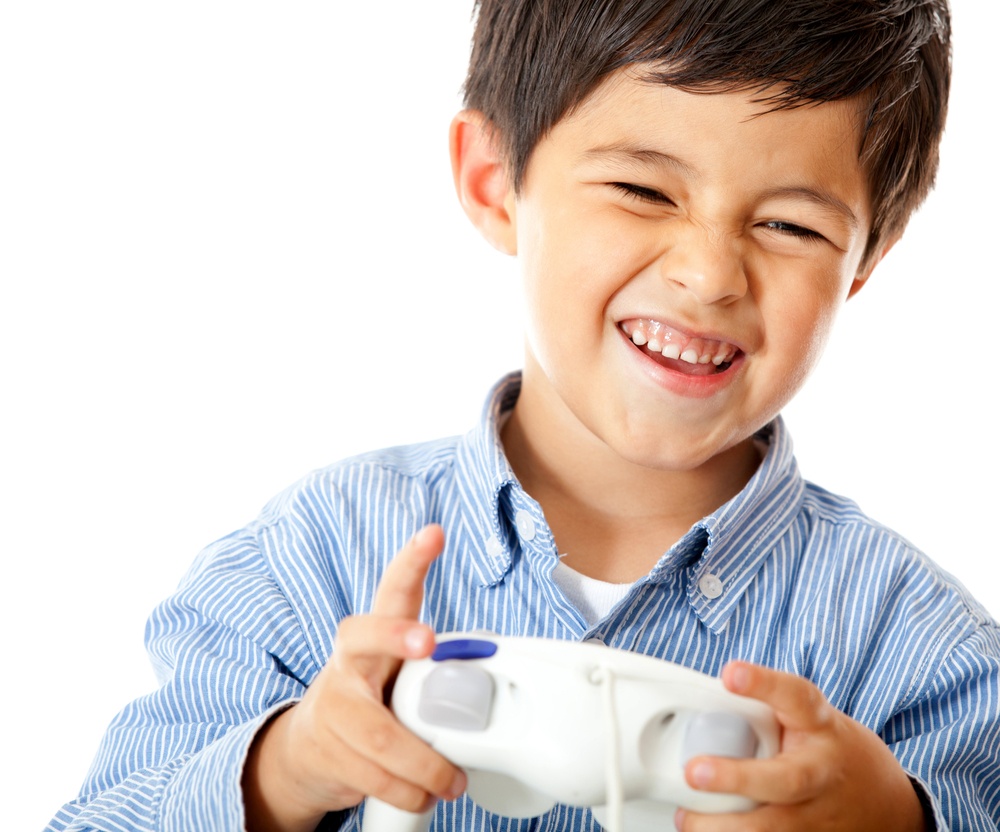
What the expert said
Too much screen time means not enough time for children to be active which can be detrimental to their developing skills. The previous recommendations from the American Academy of Pediatrics are plain and simple. Nothing for children under two, and limit it to less than two hours a day for children ages 3 to 18.
But let us not fool ourselves, we are well aware that young teenagers spend more than two hours on a screen per day. We most probably grew up watching children’s shows on the weekend, in fact, under our parents' discretion. And we seem to have grown up just fine.
Well, to begin with, you are not the only one who finds the topic confusing. The debate about children and technology is still undergoing scrutiny and research by academics and policymakers alike. The United Kingdom, for example, has been collecting written and oral evidence from experts to complete a parliamentary inquiry about the effects of social media and screen time on child well-being, and it’s still ongoing.
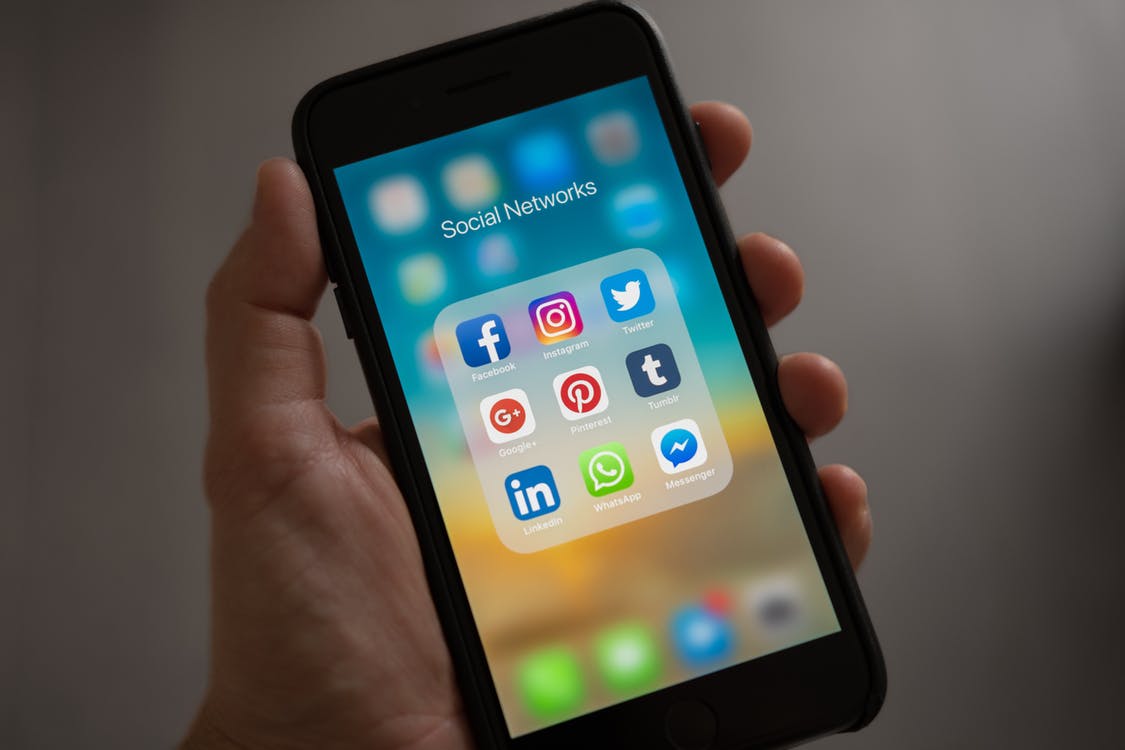
One of the problems with the screen time regulation, expert argues, is the fact that screen time itself is a vague concept. As much as we might find it convenient to label all screen time as the same, it is not. Screen time is a very diverse concept from television to smartphones and all the other gadgets in between, with or without the internet.
Obviously, ten minutes of video calls will not have the same effect as watching ten minutes of online videos or 10 minutes spent on social media. Because of that, The American Academy of Pediatrics updated recommendation as of 2016 reflects a much loose recommendation that should be personalised by parents themselves:
- For early years children under 18 months old, screen time should be limited to video chatting.
- Children 18-24 months should only be exposed to high-quality media, with parents watching alongside to help them understand and engage with what they’re watching.
- Children 2-5 years old should be limited to 1 hour per day of high-quality programming; again, parents should watch along with them to help them make real-world connections.
- Children 6 years and older should have established and consistent limits on the time spent using media, with parents ensuring that digital media doesn’t take the place of sleep, physical activity or real-life personal interactions.
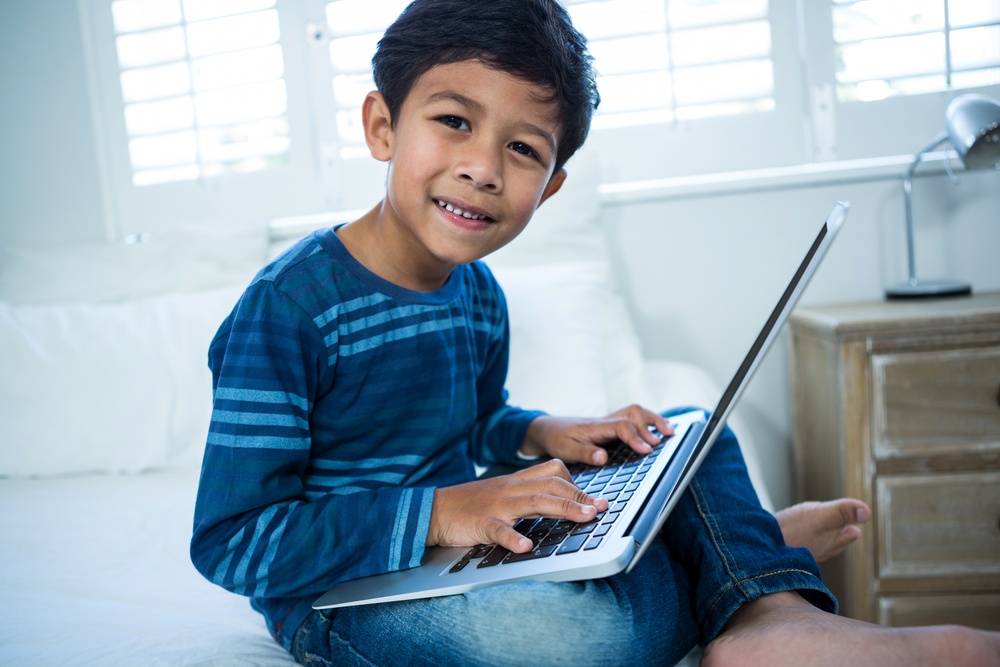
Having a guideline may still not be enough if you are not aware of some parameters to help you decide the limits. Here are a few points that you must put into consideration:
Connected or hyperconnected?
Allowing smartphones into your children’s life means the home is no longer a safe haven from everything that happens in their social circle. Online bullying is an imminent danger among school children. Allowing smartphone can mean allowing bullies to be brought at home.
You must also consider if the screen time use affects your child personality building. Is the social media they are using inducing personal gratification in your children by the number of likes and followers they have? Is it undermining their desire to build authentic, offline friendships?
All these should be put into consideration by designating media-free time you spend together, such as dinner or driving, as well as media-free locations at home, such as bedrooms.
You should also have ongoing communication about online citizenship and safety, including treating others with respect online and offline. Because there is potential that your child might not be the one being bullied but the perpetrator themselves.

Content and co-view matters
30 percent of the internet is pornography, and sexual predators may be lurking in the place you least suspect, like video games. Perfect body images, flawless skin and designer clothes, all the glitter and glamour portrayed online can also be as toxic to a young growing child as much as all the gore content.
That’s why the content that you allow into your child lives matters just as much as the screen time itself. In fact, passive screen time can be converted into an active one with specific apps such as dancing, sports play and even kiddy yoga games. In a study comparing energy expenditure with idle screen time and active screen time, energy expenditure increased more than doubles when sedentary screen time is converted to active screen time.
But content alone is not enough, child developmental milestones are relational, which is why the screen time recommendation emphasis on co-viewing as all. In one experiment, nine-month-old babies who received a few hours of Mandarin instruction from a live human could isolate specific phonetic elements in the language while the exact video instruction cannot give the same outcome. Co-viewing or watching alongside your child allows you to provide the live human interaction that they need. While for older children, it will enable the parental control that will help to curb them away from any harmful activity.
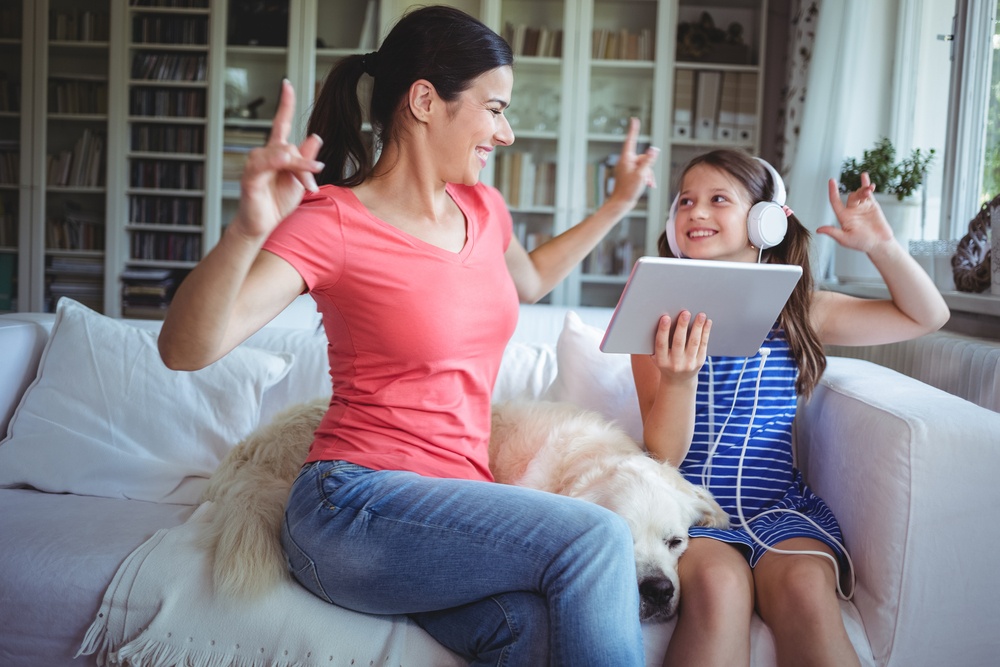
Focus on what we do know
Besides implementing reasonable measures in terms of screen time, it’s also better for us to shift focus on what we do know about good parenting. The British birth cohort is a 70-year time study involving 70,000 kids from 1946, that studies parenting patterns and the effect of it. It is the only comprehensive study on such a topic available worldwide.
The answers of good parenting are so simple that often times, we as parents may forget it in the midst of all the parenting debate. What they did find out is small things matter the most when it comes to children's outcomes later on in life:
- Talking to and listening to your kids
- Making it clear you have ambitions for their future
- Being emotionally warm
- Teaching them letters and numbers
- Taking them on excursions
- Reading to them daily (and encouraging them to read for pleasure)
- Maintaining a regular bedtime
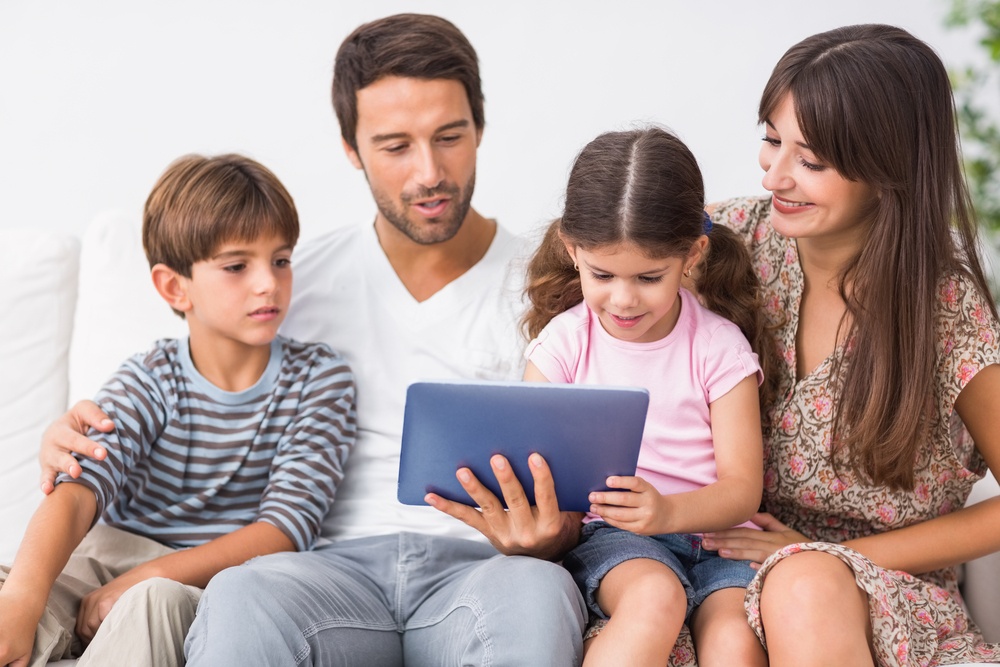
Now that you have given an evidence-based proposition on ‘how to be good parents’ ask yourself if screen time affects any of these. A comparison study on screen time and sleep among school-aged children and adolescents found that screen time is associated with shorter sleep duration and sleep outcomes in 90% of the studies.
If screen time is interfering with any of the known parental tips, adjust it accordingly. Children and teenagers should be advised to reduce screen time exposure or place an app limit on their device, especially before or during bedtime hours to minimise any harmful effects of screen time on sleep and well-being.
Thanks to the decline in working hours, modern parents actually have more time with their children than almost any parents in history. But the engagement between parent and child is in danger of becoming increasingly low-quality, with parents becoming less emotionally attuned, thanks to the time we are distracted by our own smartphones. Perhaps the concern over controlling our children’s screen time is the projection of our own inability to control ours. Before we start implementing rules and regulations on our children’s screen time, it’s good, to begin with, ourselves first.
Here at Luma, we are strong advocates for getting out and about, making the most of family life. Check out our blogs on why you or your family should start playing tennis and muay thai for kids. Looking after your family’s health is a crucial part of life. Head over to our website and get a quote for you and your family today.
.png)
